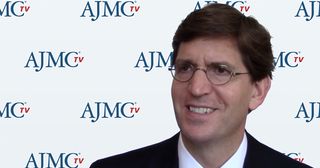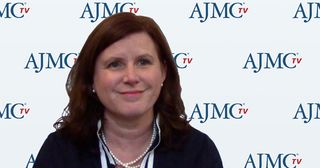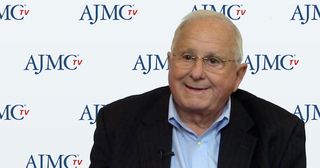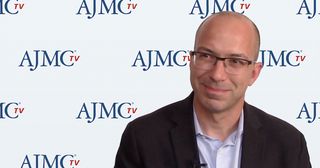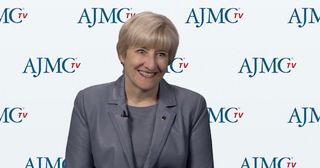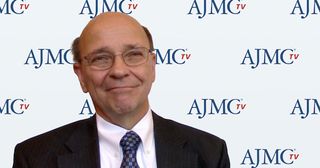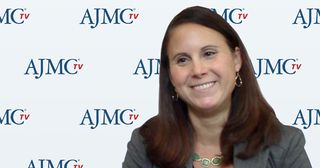
Alternative Payment Models
Latest News

Latest Videos

More News
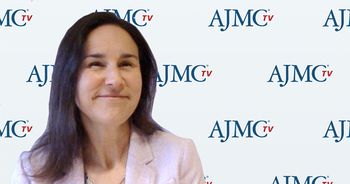
Since they foot the bill for a lot of Americans’ healthcare costs, employers have a lot vested in the health of their populations and have been involved with pushing for healthcare transformation, said Suzanne Delbanco, PhD, MPH, executive director of Catalyst for Payment Reform.

CMS’ proposed rule described strong financial results from low-revenue ACOs, as well as ACOs in risk-bearing tracks, but it mostly ignored the success of small, rural providers in ACOs.

With cancer costs rising and patients with cancer disproportionately facing financial toxicity, alternative payment and care delivery models are thought to help alleviate some of the cost burden. However, a review finds limited evidence available to evaluate the efficacy of alternative payment and care models in cancer care.

CMS' Medicare Shared Savings Program proposal would make substantial changes to the benchmarking methodology for accountable care organizations.

A new report contradicts CMS’ claim that the Medicare Shared Savings Program increased Medicare spending by $344 million from 2013 to 2015. The new analysis finds that accountable care organizations (ACOs) actually reduced federal spending by $542 million after accounting for shared savings payments earned.

A National Comprehensive Cancer Network (NCCN) working group dedicated to analyzing current challenges under existing policy and treatment paradigms presented their findings and recommendations at an NCCN Policy Summit in Washington, DC.

As the term “value” has become a norm in healthcare, specifically in oncology, panelists at a National Comprehensive Cancer Network policy summit offered perspectives on where we are now in delivering high-quality cancer care under value-based payment models.

An early review of the second performance period of the Oncology Care Model (OCM) seems to show improvements over the first period.

Over 14,600 comments poured into CMS to meet a deadline to comment about proposed changes to its 2019 physician fee schedule for Medicare, with many physician organizations and individuals asking the agency to halt or slow down its plans to cut physician reimbursement for evaluation and management services. While some groups cheered some of the changes—such as broader coverage for telehealth and other digital monitoring—most expressed many concerns.
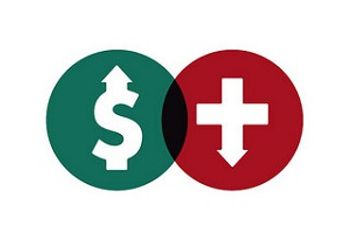
A new payment model bridges services in the clinical setting and the community to improve outcomes for patients with substance use disorder.

The pace of change to value-based payments has been happening quickly, but the real test is whether or not these payments produce higher quality and more affordable care, said Suzanne Delbanco, PhD, MPH, executive director of Catalyst for Payment Reform.

HHS is seeking comments on potentially expanding safe harbors under the antikickback statute of the Stark Law in order to better promote care coordination and value-based arrangements.

Oncology care model (OCM) practices are awaiting CMS' release of the first performance period one true-up and performance period two initial reconciliation results.

As the healthcare system considers alternative payment models that reward high-value care delivery, programs that utilize lay health workers (LHW) may be valuable. A study in JAMA Oncology analyzed whether an LHW program can increase the documentation of patients’ care preferences.

Every week, The American Journal of Managed Care® recaps the top managed care news of the week, and you can now listen to it on our podcast, Managed Care Cast.
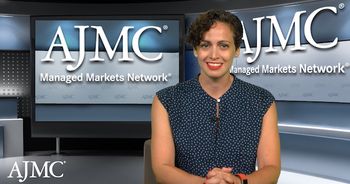
This week, the top managed care stories included encouraging results from the Next Generation Accountable Care Organization model; concerns that CMS' new billing rules will hurt the sickest patients; a study confirms the value of daily aspirin for patients with diabetes.

Suzanne Delbanco, PhD, MPH, executive director of Catalyst for Payment Reform, explains how her organization is helping employers better understand accountable care organizations (ACOs) and judge how the ACO model might work with their population.

In 2016, the Next Generation Accountable Care Organization (ACO) model generated a net savings of $62 million to Medicare, representing a 1.1% net reduction in Medicare spending. In a webcast with the Accountable Care Learning Collaborative, CMS Administrator Seema Verma called the results a strong start and offered a look at what's in the future for the model.


In a new commentary in JAMA Internal Medicine, authors highlighted the results of the hospital-at-home (HaH) program at Mount Sinai Health System that resulted in the Physician-Focused Payment Model Technical Advisory Committee recommending full implementation of the bundled HaH program, as well as clinical and policy issues raised by the program.

Physician- and nursing staff–reported team functioning was associated with patient satisfaction but not with clinical quality or patient portal implementation.

The proposed Medicare Shared Savings Program rule has many sweeping changes that present a number new opportunities, but also challenges. In addition, the National Association of ACOs highlighted its concerns that the changes will decrease the number of ACOs and may discourage new entrants.
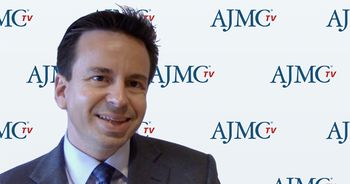
Tim Gronniger, MPP, MHSA, senior vice president of development and strategy at Caravan Health, discusses the struggles that organizations face when attempting to make a switch to new payment models, and how that switch can be improved in the future.

Payment reform efforts that don't engage patients are missing out on an opportunity for greater improvements, especially in cancer, where patients face substantial cost sharing.

Every week, The American Journal of Managed Care® recaps the top managed care news of the week, and you can now listen to it on our podcast, Managed Care Cast.



